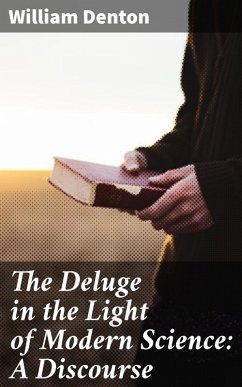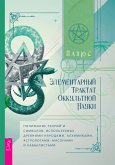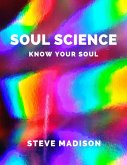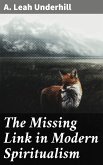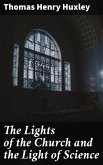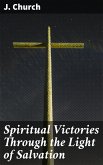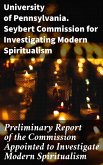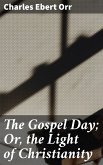In "The Deluge in the Light of Modern Science: A Discourse," William Denton intricately explores the intersection of faith and science through a comprehensive examination of the biblical deluge narrative. Employing a logical and empirical approach, Denton analyzes geological, hydrological, and archaeological evidence to elucidate the feasibility of a global flood as depicted in scripture. His literary style is characterized by clear reasoning, enriched with scientific terminology yet accessible to a broad audience, positioning the work within the 19th-century debate surrounding science and religion. This exploration not only serves as a critique of traditional interpretations but also as a drafting of a potential reconciliation between biblical teachings and scientific inquiry. William Denton was a prominent geologist and a vocal advocate for the compatibility of science with spirituality. His background in natural history and geology profoundly influenced his perspective, allowing him to approach the biblical narrative with both reverence and skepticism. Denton's intent to integrate modern scientific thinking with theological beliefs reflects the intellectual climate of his time, where questions of origin and history were increasingly scrutinized by emerging scientific discourses. This book is highly recommended for readers interested in the dialogue between science and religion, particularly those curious about how historical narratives can coexist with scientific evidence. Denton's methodical approach invites readers to reconsider familiar stories through a scientific lens, making this discourse an essential read for scholars, theologians, and curious minds alike.
Dieser Download kann aus rechtlichen Gründen nur mit Rechnungsadresse in A, B, BG, CY, CZ, D, DK, EW, E, FIN, F, GR, H, IRL, I, LT, L, LR, M, NL, PL, P, R, S, SLO, SK ausgeliefert werden.

